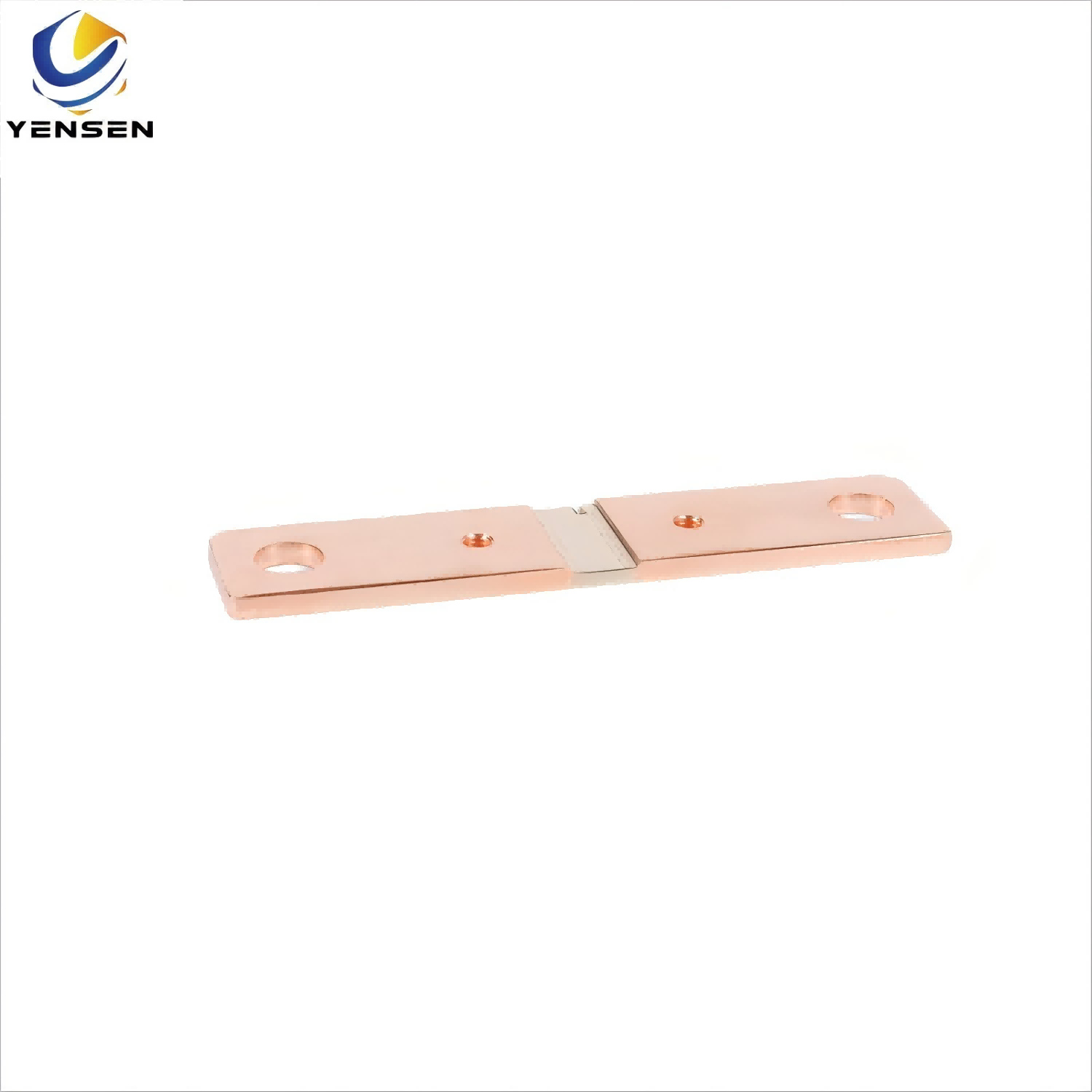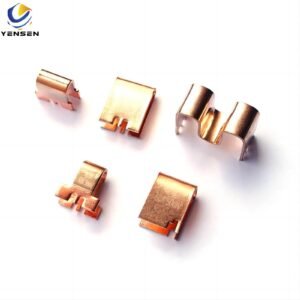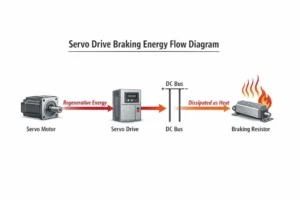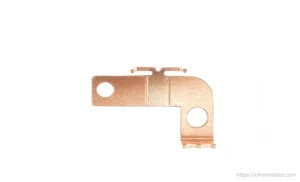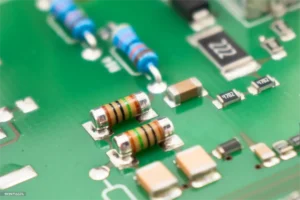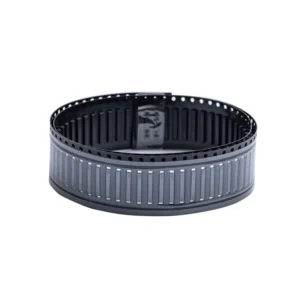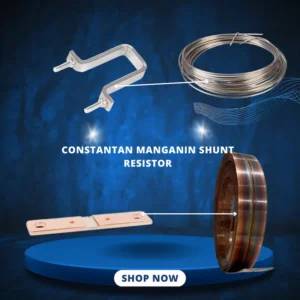Why Low-Value 50 Micro Ohm Shunt Resistors Are Critical to Fixing Your Measurement Errors
Why Low-Value 50 Micro Ohm Shunt Resistors Are Critical to Fixing Your Measurement Errors
Accurate current sensing depends heavily on selecting the right 50 micro ohm resistor.Accurate current sensing is vital in many industrial, automotive, and electronic applications. However, measurement errors often stem from choosing the wrong shunt resistor. Low-value 50 micro ohm shunt resistors have become the go-to solution for overcoming common challenges in high-current measurement. Here’s why they matter—and how they can fix your measurement problems.
Common Pain Points in Current Measurement
1. Measurement Inaccuracy Affecting System Stability
Many engineers face frustration when their current sensing circuits produce inaccurate results, leading to system instability or incorrect operation. For instance, using resistors with higher resistance or poor tolerance can cause voltage drops that skew readings, resulting in faulty control or alarms.
2. Power Dissipation and Heat Management Issues
Because high current through the resistor generates heat, if the resistor’s power rating is insufficient or thermal management is poor, it can lead to overheating, drifting resistance values, and eventual component failure. Consequently, this causes costly downtime.
3. Temperature Drift (TCR) Impacts Precision
Resistance changes with temperature are a major culprit in measurement drift. Specifically, a high temperature coefficient of resistance (TCR) means the resistor value fluctuates significantly as the device heats up, which is especially problematic in sensitive applications like medical devices or electric vehicles.
4. Packaging and Installation Challenges
Improper package selection or mounting methods can complicate PCB layout, increase manufacturing costs, and even introduce signal interference, making the entire system less reliable.
5. Lack of Knowledge Leading to Wrong Component Choices
Choosing a 50 micro ohm resistor requires understanding subtle technical details. Without this knowledge, engineers risk selecting resistors that don’t meet precision or power requirements, wasting resources and delaying projects.
Why 50 Micro Ohm Shunt Resistors Are the Ideal Solution
Ultra-Low Resistance Minimizes Power Loss
A 50µΩ resistor ensures minimal voltage drop and heat dissipation, allowing high current flow with less impact on the circuit, preserving efficiency.
High Precision and Tight Tolerances
With tight tolerance levels (often ±0.5% or better), these resistors provide reliable and repeatable measurements critical for advanced control systems.
Low Temperature Coefficient Enhances Stability
High-quality 50 micro ohm resistors feature low TCR ratings (±10 ppm/°C or better), maintaining consistent resistance despite temperature changes.
Robust Packaging for Better Thermal Performance
Designed with metal alloy or aluminum housings, these resistors offer excellent heat dissipation, extending lifespan and reliability.
Proven Reliability in Demanding Industries
From electric vehicles to industrial automation, 50µΩ shunt resistors have demonstrated long-term stability and ruggedness, meeting stringent industry standards.
Real-World Example
An electric vehicle manufacturer initially used 1mΩ shunt resistors but struggled with frequent battery management alarms due to inaccurate current readings. After switching to 50 micro ohm precision shunt resistors with better tolerance and thermal design, the measurement errors dropped dramatically, stabilizing the system and improving product reliability.
Conclusion
If you’re battling measurement errors, overheating, or reliability issues, switching to low-value 50 micro ohm shunt resistors can be a game-changer. By understanding and addressing these pain points through proper resistor selection, you can design accurate, stable, and efficient current sensing solutions.
For more detailed guidance on selecting precision resistors for various applications, check out our comprehensive High Precision Resistor Selection Guide.
Need help selecting the right shunt resistor for your application? Contact us today for expert guidance and sample requests.

